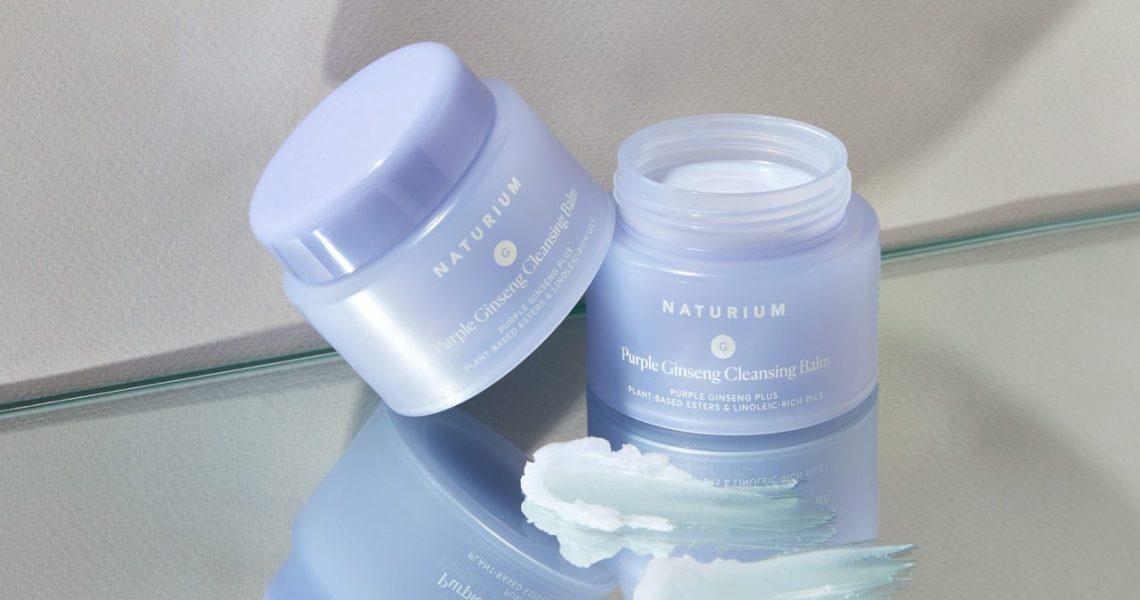All products featured on Glossy Pop are independently selected by our editorial team. However, when you buy something through our retail links, we may earn an affiliate commission.
Cleansing balms have gone mainstream. What was once a niche category that required some explanation is now lining the shelves of retailers from Sephora and Ulta Beauty to Target and CVS. Cleansing balms were once the purview of two subsets of the beauty industry: K-beauty and indie clean beauty. This month alone, skinfluencer Susan Yara’s Naturium brand, skin-care brand Youth To The People, Australian beauty brand Alpha-H and mass brand Shea Moisture have introduced cleansing balms to their lineups.
The growth in the category can, at least in part, be attributed to an uptick in how people practice self-care and how skin-care routines have become more involved during the pandemic. In Glossy-exclusive research, Launchmetrics discovered that, since the beginning of the year, the top-five products in the category accumulated a total of over $12 million in media impact value (MIV).
“It proves that the trend lives on beyond just the challenging times, as we re-evaluate our needs in this new era,” according to Allison Bringé, CMO of Launchmetrics.
The company found that cleansing balms by heritage brands Clinique and Elemis were the most talked about, with K-Beauty brand Banila Co taking third place.

Yara (357,000 followers on Instagram, 310,000 on YouTube) said she adopted the K-beauty practice of double cleansing over a decade ago. The process involves using an oil-based cleanser — like a cleansing balm — to remove makeup and SPF first, on dry skin, followed by using a traditional, water-based cleanser. But, she said, she sees the practice picking up in popularity.
“Just a year ago, I couldn’t find cleansing balms at the drugstore to recommend to viewers,” she said.
It’s likely that the category is gaining traction thanks to the sensorial nature of the involved cleansing process. Using a cleansing balm goes something like this: You scoop a dollop of solid product onto a finger, or use a spatula to do so, then you emulsify the product by warming it up in your hands, before applying it to dry skin. Though some balms are unscented — Farmacy just launched the unscented Clearly Clean Makeup Removing Cleansing Balm to cater to sensitive skin — many do have fragrance, which adds to the experience. Then, users can watch their makeup melt away as the balmy oil breaks it down.
“[Cleansing balms] are self-indulgent, in the best way possible,” Yara said. “You get instant gratification by watching your makeup break down, while you massage your face and properly cleanse it without stripping your skin. It sets the tone for a perfect skin-care routine to follow.”
Applying oil to one’s face goes against everything most people had come to know about skin care, until recently. It’s especially been a no-no for those with oily skin. Charlotte Cho, co-founder of Sokoglam and founder of Then I Met You said that when she moved back from Korea to the U.S., she was surprised to find that American brands like Neutrogena did not sell cleansing oils, which were popular in Korea. That, too, has since changed. In 2018, Cho launched Then I Met You with two products made for a double cleanse: the Living Cleansing Balm ($38), intended to be followed by the brand’s Soothing Tea Cleansing Gel. The balm, she said, has won 12 awards. Meanwhile, Banila Co’s Clean It Zero Cleansing Balm Original ($19) remains a best seller.
Increased knowledge about skin care has led customers to understand that makeup wipes are neither great for skin, nor good for the environment. Cleansing balms and oils provide a gentler alternative.
“I can tell you the exact product that turned me [into a fan]. It was the Elemis Pro-Collagen Cleansing Balm,” Yara said. “Sometime in 2016, I picked up a jar of it and loved it so much that it became part of my regular rotation. I stopped using makeup wipes completely and fully committed to a double cleanse, and my skin significantly changed for the better. I couldn’t stop raving about it. Every time someone asked for advice on their skin-care routine, I would tell them, ‘Ditch the makeup wipes and try a double cleanse.’ [Wipes] had somehow become the one and only ‘cleanse’ in everyone’s routine, but they seemed to do more harm than good.”
On TikTok, the hashtag #cleansingbalm has 103.5 million views. You can watch an endless stream of videos where people demonstrate themselves melting swatches lining their arms or full faces of glam. As more brands are set to launch balms in the coming year, this sensorial, social media-friendly trend is here to stay.




